Harvard, Oxford, and Cambridge by Rajesh Talwar
Dive into the histories and futures of Harvard, Oxford, and Cambridge, alongside insights into global education and India's potential, in Rajesh Talwar's enlightening book.on Jul 13, 2024
.jpg)
"Harvard, Oxford, and Cambridge: The Past, Present, and Future of Excellence in Education" by Rajesh Talwar is an enlightening exploration of three of the world's most prestigious universities. Talwar takes readers on an engaging journey through the grand halls and rich histories of Harvard, Oxford, and Cambridge, comparing their educational approaches to those in Asia, particularly India. This book is a blend of travelogue, historical analysis, and visionary thinking about the future of global education.
Talwar’s narrative is both informative and accessible, making complex ideas easy to grasp. His writing style is clear and engaging, almost like having a conversation with a knowledgeable friend. He peppers the narrative with historical anecdotes and vivid descriptions, bringing the storied pasts of these universities to life. This approach makes the book enjoyable and relatable, free from the heavy academic jargon that can bog down similar works.
A significant strength of the book lies in its forward-thinking vision. Talwar delves into how technology, particularly EdTech and AI, can revolutionize education and achieve universal literacy. He argues that these technological advancements can transform education systems, making learning more accessible and effective. This vision is both inspiring and practical, offering a hopeful glimpse into the future of education.
Talwar also makes a compelling case for why India, not China, could become the global leader in education if it addresses its educational system's challenges. He explores the paradox of India’s high-tech achievements, like landing spacecraft on the moon, juxtaposed with its infrastructural struggles. This contrast serves as a backdrop for a broader discussion on national development and the transformative power of education.
The book is divided into well-organized sections that guide readers from historical analysis to contemporary issues and future predictions. Talwar first helps readers identify the components of a high-quality educational system by examining the successes of Harvard, Oxford, and Cambridge. He then discusses the current challenges facing India’s educational system, such as lack of resources, unemployable graduates, and the need for significant reforms.
One of the book's most intriguing aspects is Talwar's discussion of the potential for India to attract foreign students and the benefits of allowing foreign universities to establish campuses in India. He argues that by embracing these opportunities, India could enhance its educational standards and gain a competitive edge globally.
Talwar's optimism about the future of education is infectious. His belief in the transformative power of education shines through, particularly in his discussions about the potential impact of AI and EdTech. These sections are especially compelling, blending realism with visionary thinking.
While the book is packed with insightful analysis and innovative ideas, the depth of the subject matter can be challenging for readers not deeply interested in education or global affairs. However, Talwar’s accessible writing style helps mitigate this, making the book approachable for a broad audience.
"Harvard, Oxford, and Cambridge: The Past, Present, and Future of Excellence in Education" is a must-read for anyone interested in educational reform, global development, or the future of learning.



.jpg)






.jpg)

.jpg)
.jpg)
.jpg)
.jpg)
.jpg)


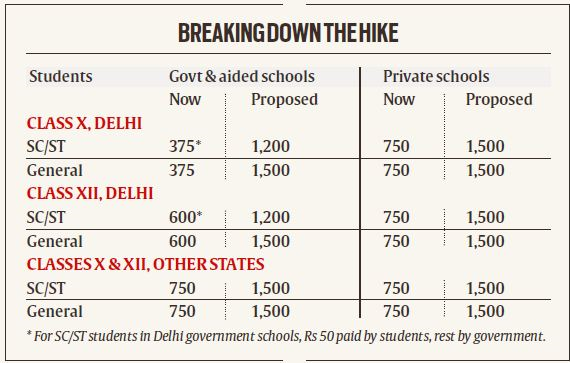
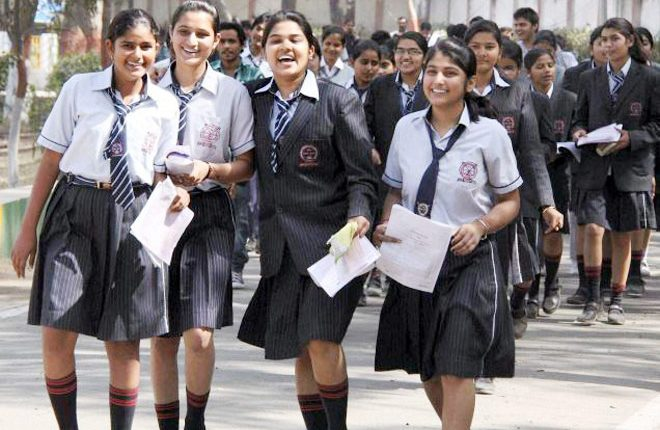
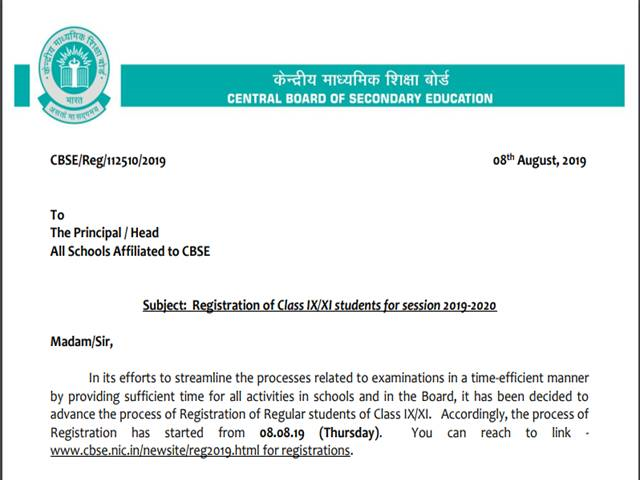


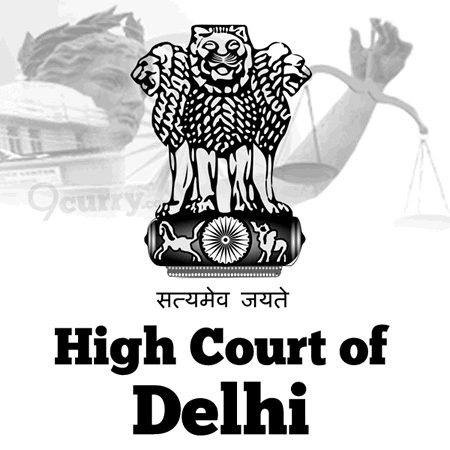
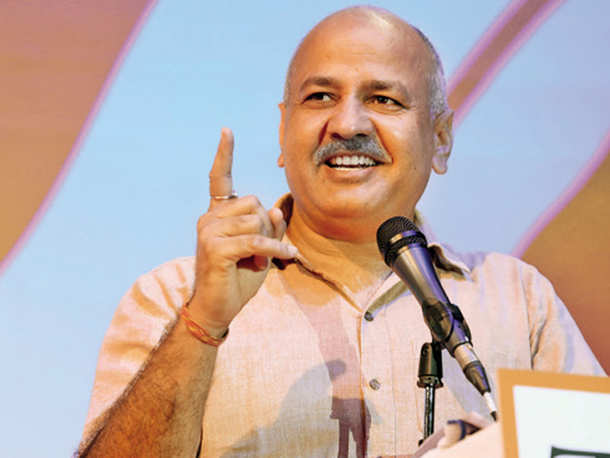

Sorry! No comment found for this post.